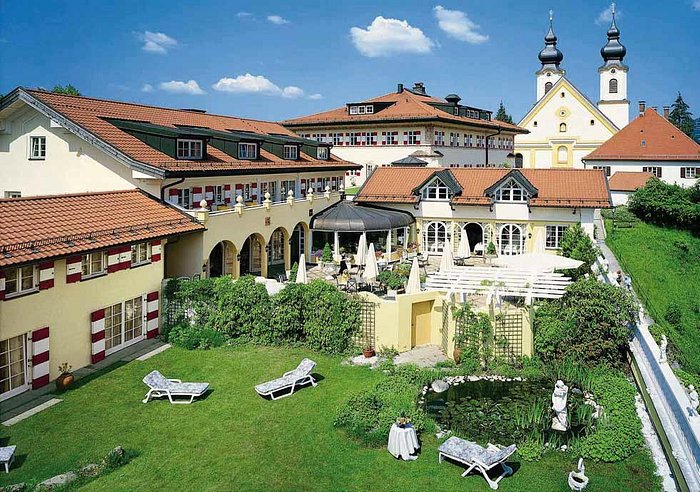BAVARIA
WELCOME TO BAVARIA
State Overview
Munich
70,550 km2
13.1 million
German

Popular
Geography and Tourist Attractions
Information about the state's tourist attractions, including popular destinations, events, and activities.
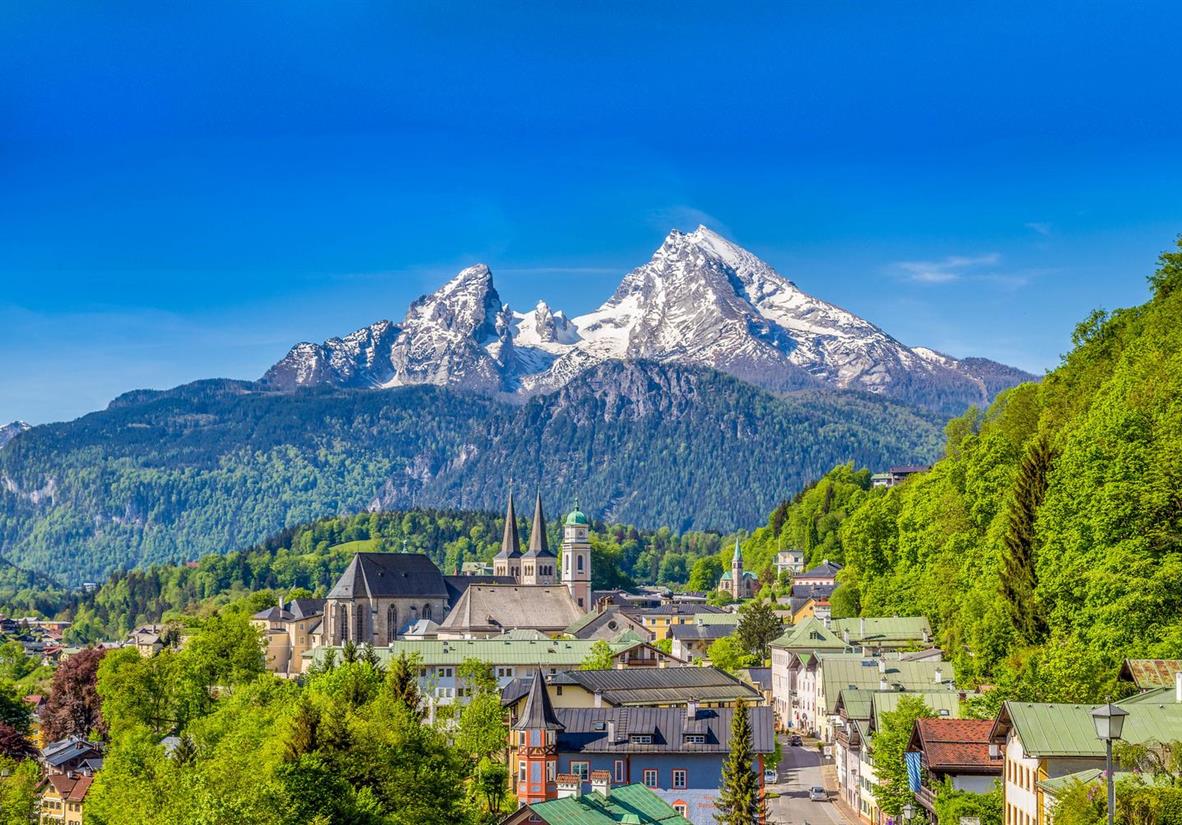
Bavarian Alps
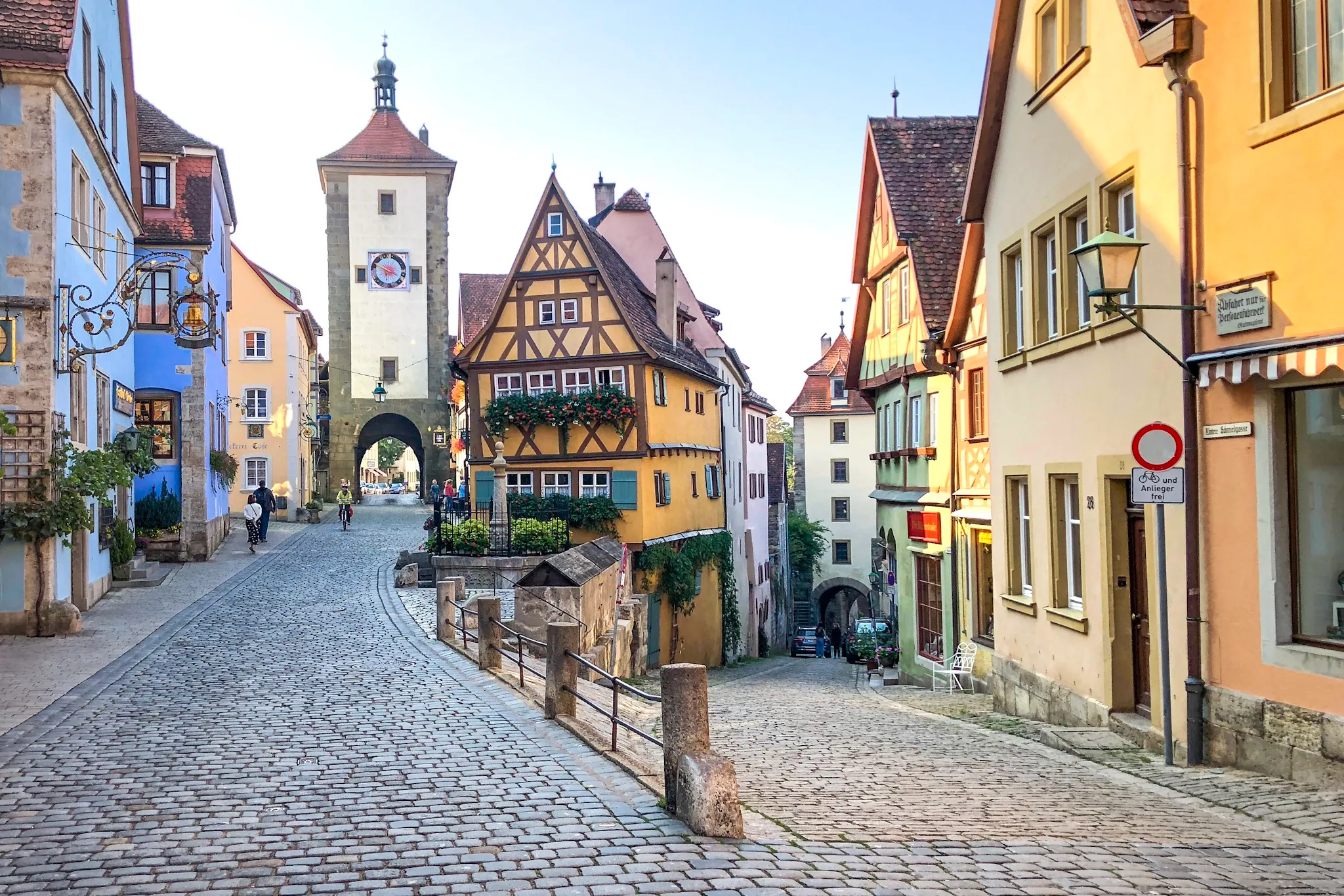
Romantic Road
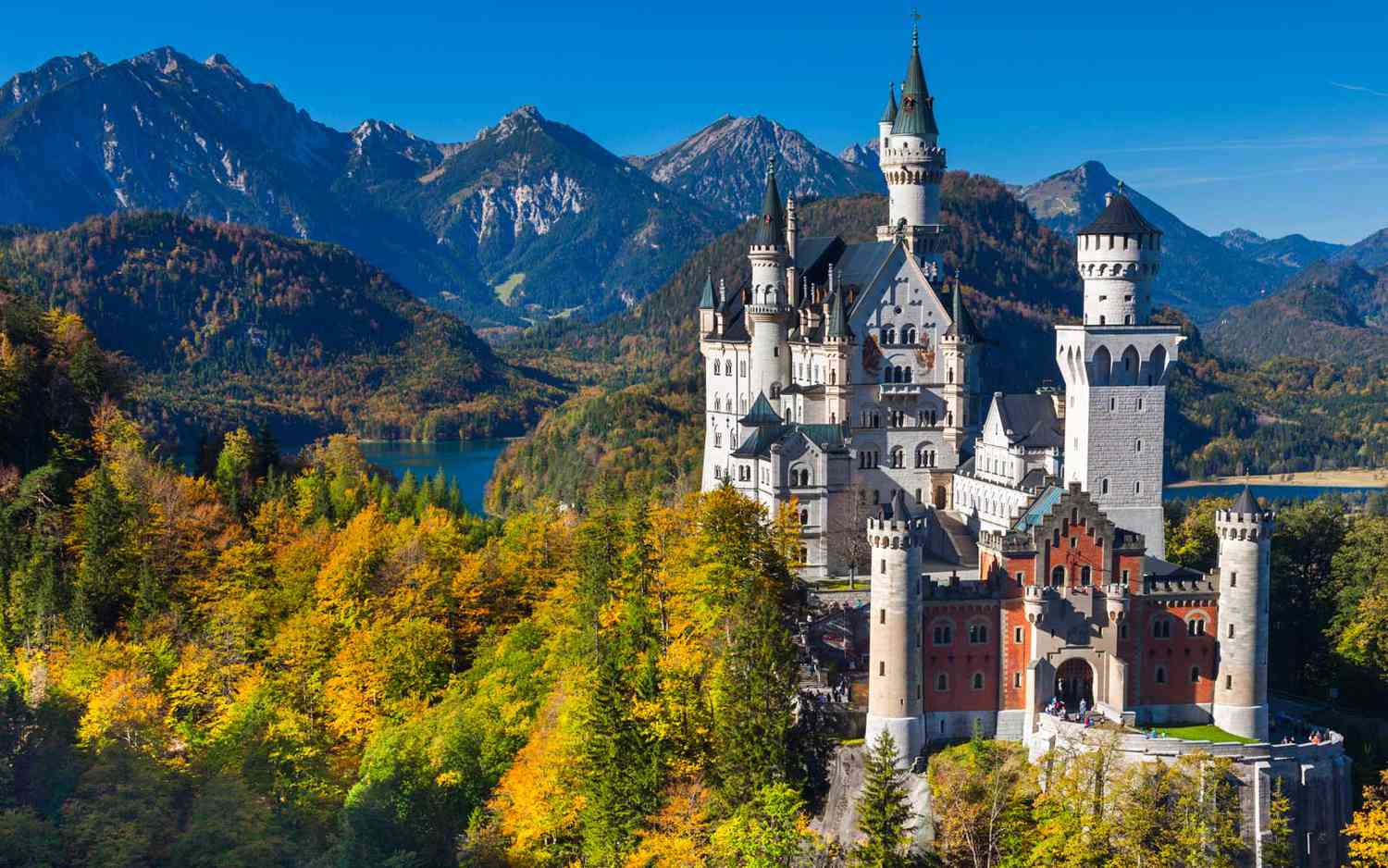
Neuschwanstein Castle
Political
Economy and Government
The state of Bavaria has a strong and diversified economy that makes a significant contribution to the German economy as a whole. Bavaria is the largest state in Germany in terms of area and has a population of around 13 million people. The state's economy is driven by a variety of industries, including automotive, mechanical engineering, electronics, and information technology. Bavaria is also a hub for research and development, with numerous universities and research institutions located within the state.
The government of Bavaria is structured as a parliamentary democracy, with the state parliament consisting of 205 members who are elected every five years. The state government is headed by a Minister-President who is elected by the state parliament. The current Minister-President of Bavaria is Markus Söder.
Bavaria is known for its conservative political leanings, with the Christian Social Union (CSU) dominating state politics for much of the post-World War II period. The CSU is a sister party of the Christian Democratic Union (CDU) at the national level, and together they form a center-right coalition government with the Free Democratic Party (FDP) in Bavaria. The state government is responsible for a wide range of policy areas, including education, healthcare, transport, and economic development.

History
History and Culture
The state of Bavaria has a rich history and culture that dates back centuries. Bavaria was originally settled by the Celts, and later became a Roman province. In the Middle Ages, Bavaria was ruled by powerful dukes and princes, and played a significant role in the Holy Roman Empire. In the 19th century, Bavaria became part of the German Empire and later the Weimar Republic.
Bavaria is known for its unique cultural traditions, including the famous Oktoberfest celebration in Munich, which attracts millions of visitors each year. The state is also home to a number of UNESCO World Heritage sites, including the historic city of Regensburg, the Würzburg Residence, and the Pilgrimage Church of Wies.
Bavaria is also known for its contribution to the arts, with famous composers such as Johann Sebastian Bach, Richard Wagner, and Richard Strauss hailing from the region. The state is home to a number of world-renowned museums and galleries, including the Bavarian National Museum and the Pinakothek der Moderne.
Overall, Bavaria's history and culture are deeply intertwined, and continue to shape the identity of the state and its people today.
HOTELS
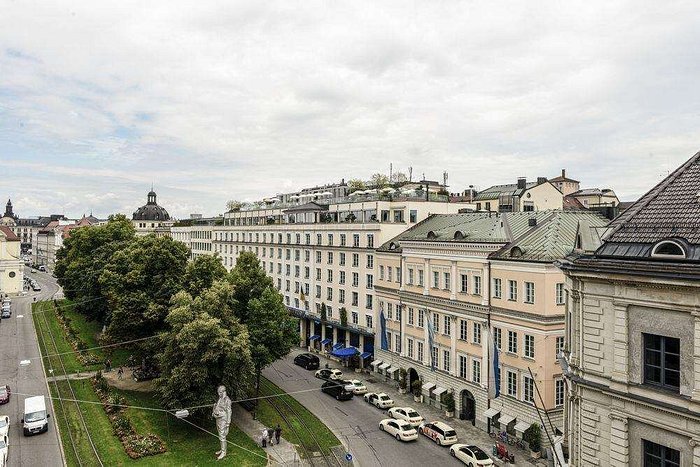
Bayerischer Hof Hotel
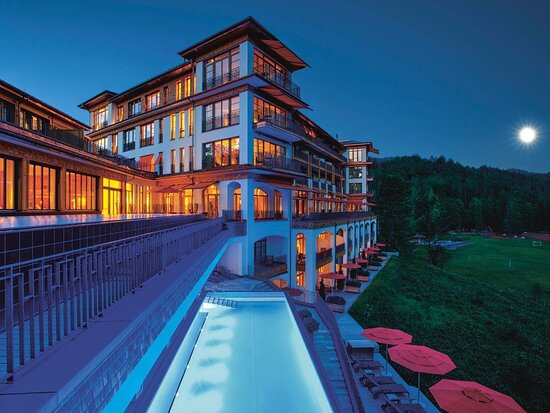
Schloss Elmau

Hotel Vier Jahreszeiten Kempinski
RESTAURANTS

Restaurant Dallmayr

Esszimmer
